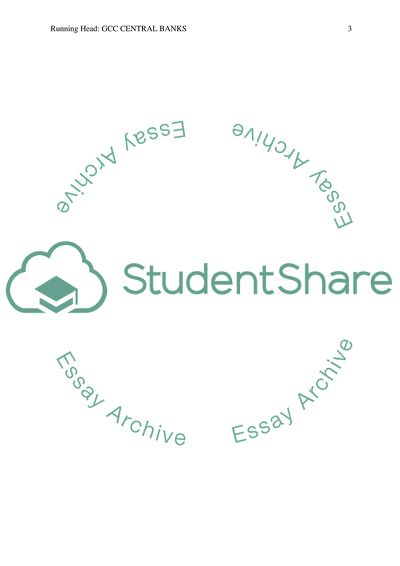Cite this document
(GCC Central Banks Essay Example | Topics and Well Written Essays - 2250 words, n.d.)
GCC Central Banks Essay Example | Topics and Well Written Essays - 2250 words. https://studentshare.org/finance-accounting/1850161-gcc-central-banks
GCC Central Banks Essay Example | Topics and Well Written Essays - 2250 words. https://studentshare.org/finance-accounting/1850161-gcc-central-banks
(GCC Central Banks Essay Example | Topics and Well Written Essays - 2250 Words)
GCC Central Banks Essay Example | Topics and Well Written Essays - 2250 Words. https://studentshare.org/finance-accounting/1850161-gcc-central-banks.
GCC Central Banks Essay Example | Topics and Well Written Essays - 2250 Words. https://studentshare.org/finance-accounting/1850161-gcc-central-banks.
“GCC Central Banks Essay Example | Topics and Well Written Essays - 2250 Words”. https://studentshare.org/finance-accounting/1850161-gcc-central-banks.


